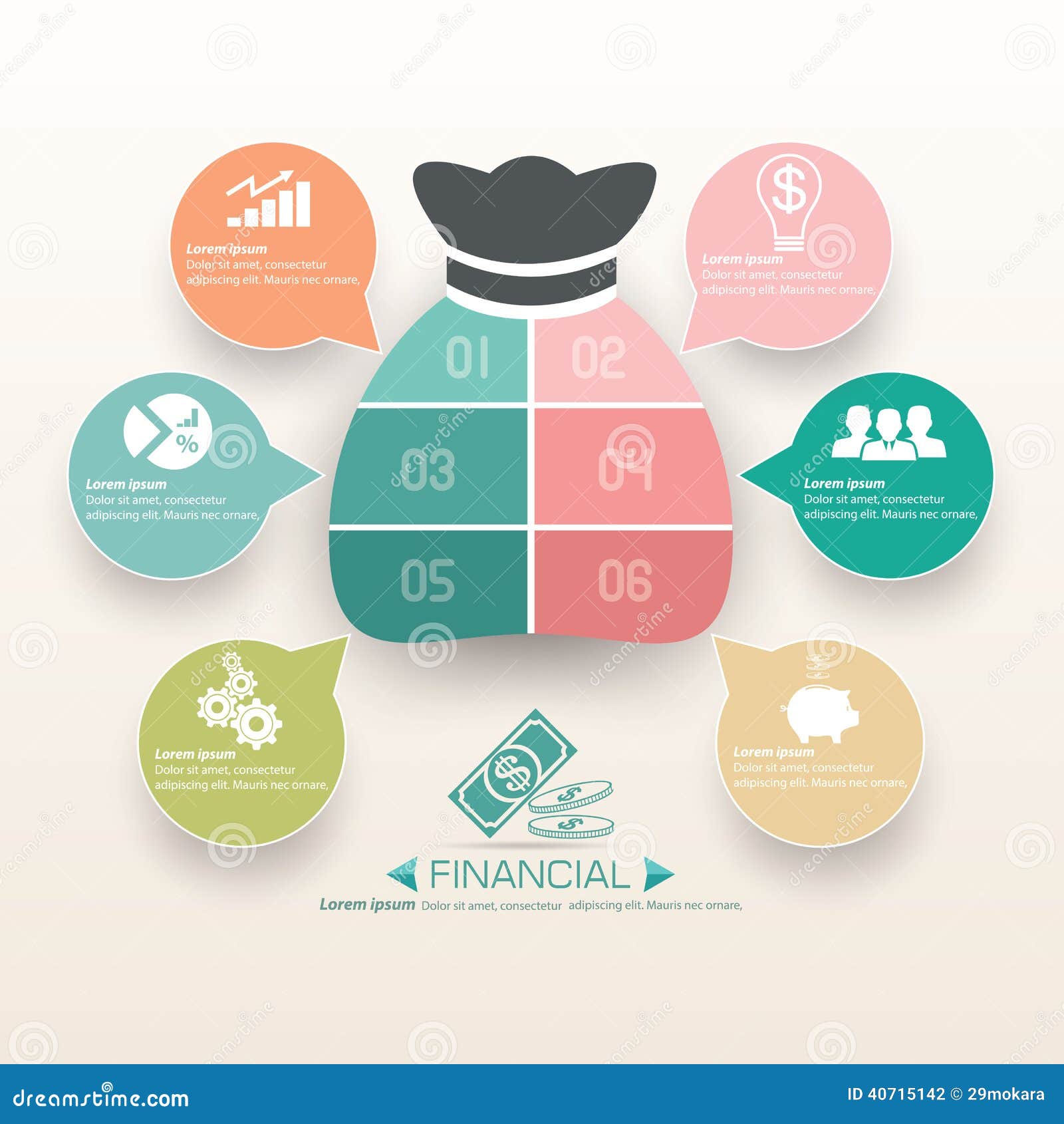The Consequences Of Failing To Satisfy A Performance Bond
The Consequences Of Failing To Satisfy A Performance Bond
Blog Article
Material Created By-
When a guaranty problems a performance bond, it assures that the principal (the event that purchases the bond) will fulfill their commitments under the bond's terms. If the primary falls short to satisfy these obligations and defaults on the bond, the guaranty is accountable for covering any kind of losses or damages that result.
1. Loss of credibility: Back-pedaling an efficiency bond can harm the principal's track record and reliability, making it more challenging to protect future service or funding.
2. Legal and administrative expenses: The guaranty may require to pay legal and management costs related to going after the principal for problems or trying to fix the scenario.
3. Economic losses: The guaranty may need to cover the expense of completing the task or offering the services that the principal failed to deliver. This can lead to considerable economic losses for the guaranty.
4. Raised premiums: If the principal has a background of back-pedaling performance bonds, they may be called for to pay higher premiums in the future to acquire the needed bonding.
On the whole, back-pedaling an efficiency bond can have severe monetary repercussions for both the principal and the surety. It is necessary for principals to very carefully consider their obligations and guarantee they have the ability to satisfy the regards to the bond to stay clear of these adverse results.
Back- https://industrialwarehouseconstr09975.blog-eye.com/26622174/collecting-riches-via-utility-bonds-expert-tactics-for-beginners can be a pricey error for services. When employee bonding insurance fall short to satisfy the bond's obligations, the economic consequences can be significant. From paying the complete bond total up to possible legal fights and harmed partnerships, the consequences can reverberate throughout your business operations. Recognizing the intricate internet of financial impacts that back-pedaling a performance bond can have is essential for guarding your business's financial health and wellness and track record.
Financial Penalties for Defaulting
If you back-pedal a performance bond, you'll likely encounter significant financial penalties. These penalties can vary depending upon the terms of the bond agreement but frequently include paying the bond quantity completely to the obligee. This indicates that if you fail to fulfill your legal commitments, you need to pay the bond total up to the job owner or the entity that needed the bond.
In addition, you might also be accountable for any extra prices sustained by the obligee due to your default, such as locating a replacement specialist or covering task delays.
Defaulting on an efficiency bond can additionally cause lawful fees and court expenses if the obligee decides to take legal action against you to recoup the bond quantity. These costs can rapidly build up, more aggravating the financial effect of your default. It's essential to thoroughly assess and understand the regards to the performance bond to stay clear of these severe financial penalties.
Effect On Company Cash Flow
Defaulting on an efficiency bond can significantly impact your organization capital, influencing financial security and functional abilities. When you default on a performance bond, you run the risk of shedding the bond amount, which can be a considerable sum. This loss directly influences your cash flow, as you'll need to find alternative resources of funding to cover the bond amount. Moreover, failing can cause increased scrutiny from guaranties, making it more challenging and extra costly to safeguard bonds in the future. This can better strain your cash flow as you may require to designate additional resources to meet bonding demands.
The influence on your cash flow does not stop there. Defaulting on an efficiency bond can additionally cause project hold-ups or cancellations, leading to a loss of profits. Furthermore, the negative credibility that comes with defaulting can deter possible customers, further lowering your capital. On the whole, back-pedaling a performance bond can have harmful impacts on your organization's financial wellness and capacity to run smoothly.
Lawful Ramifications and Lawsuits
Encountering lawful ramifications and potential claims due to back-pedaling a performance bond can dramatically influence your organization's reputation and monetary standing. When you default on an efficiency bond, the guaranty company may take lawsuit to recuperate the bond quantity paid out. This could result in expensive lawful costs, court costs, and possible negotiations or judgments against your organization.
Moreover, defaulting on an efficiency bond might lead to harmed relationships with customers, subcontractors, and suppliers, affecting your capacity to secure future agreements. Legal actions arising from bond defaults can taint your business's trustworthiness in the industry, making it testing to attract brand-new partners or consumers.
Furthermore, if the default leads to a court judgment versus your business, it can result in property seizure or liens, even more stressing your economic security. For that reason, it's important to comprehend the legal ramifications of defaulting on an efficiency bond and take aggressive steps to mitigate the threats included.
Verdict
As you deal with the consequences of defaulting on an efficiency bond, remember this: it resembles strolling a tightrope without a safeguard. One incorrect relocation can send you plummeting into a financial freefall, without method to quit the fall.
The punitive damages, cash flow influence, and lawful implications are all waiting to catch you if you slip up. So tread meticulously, and constantly recognize definition of performance bond to prevent the extreme effects of default.
